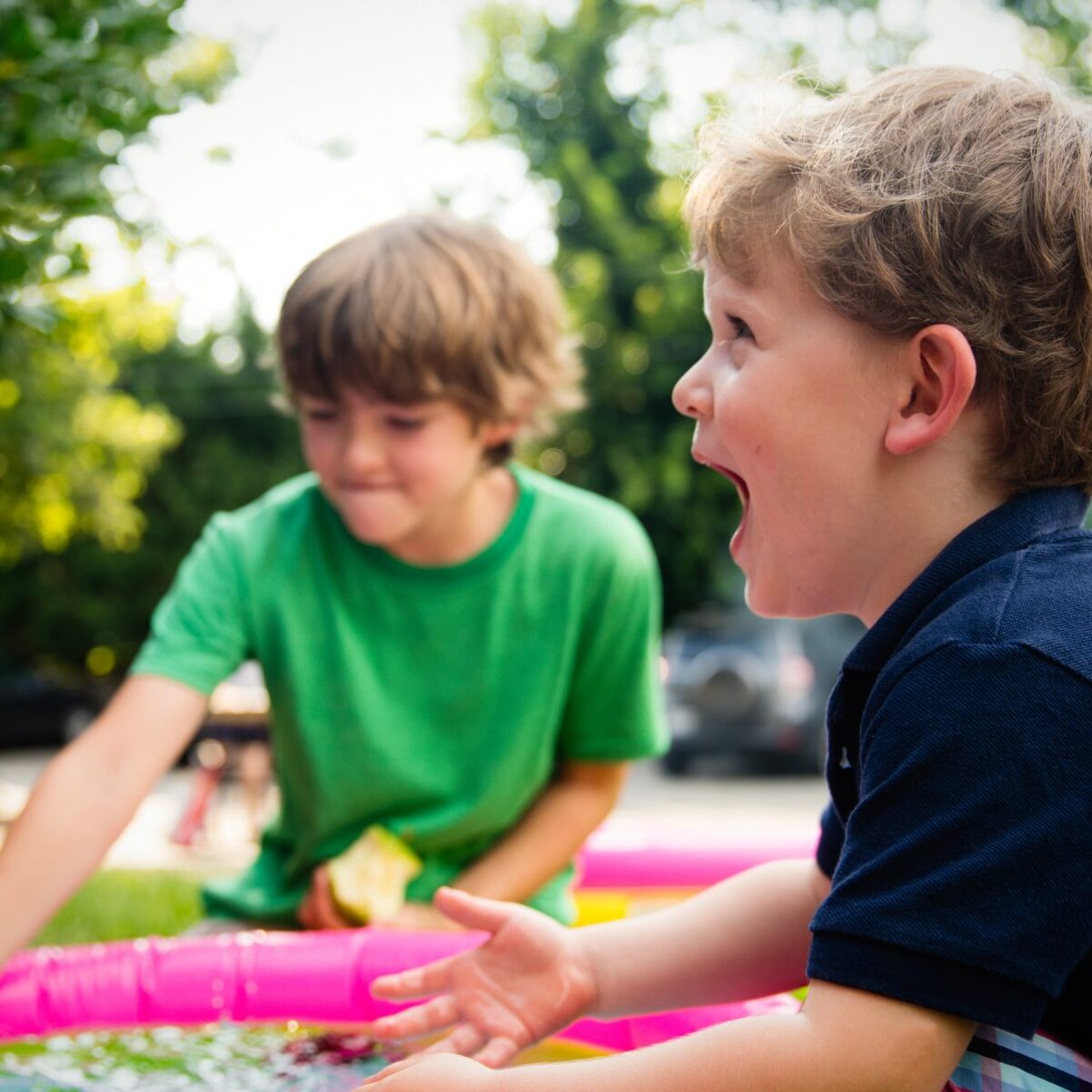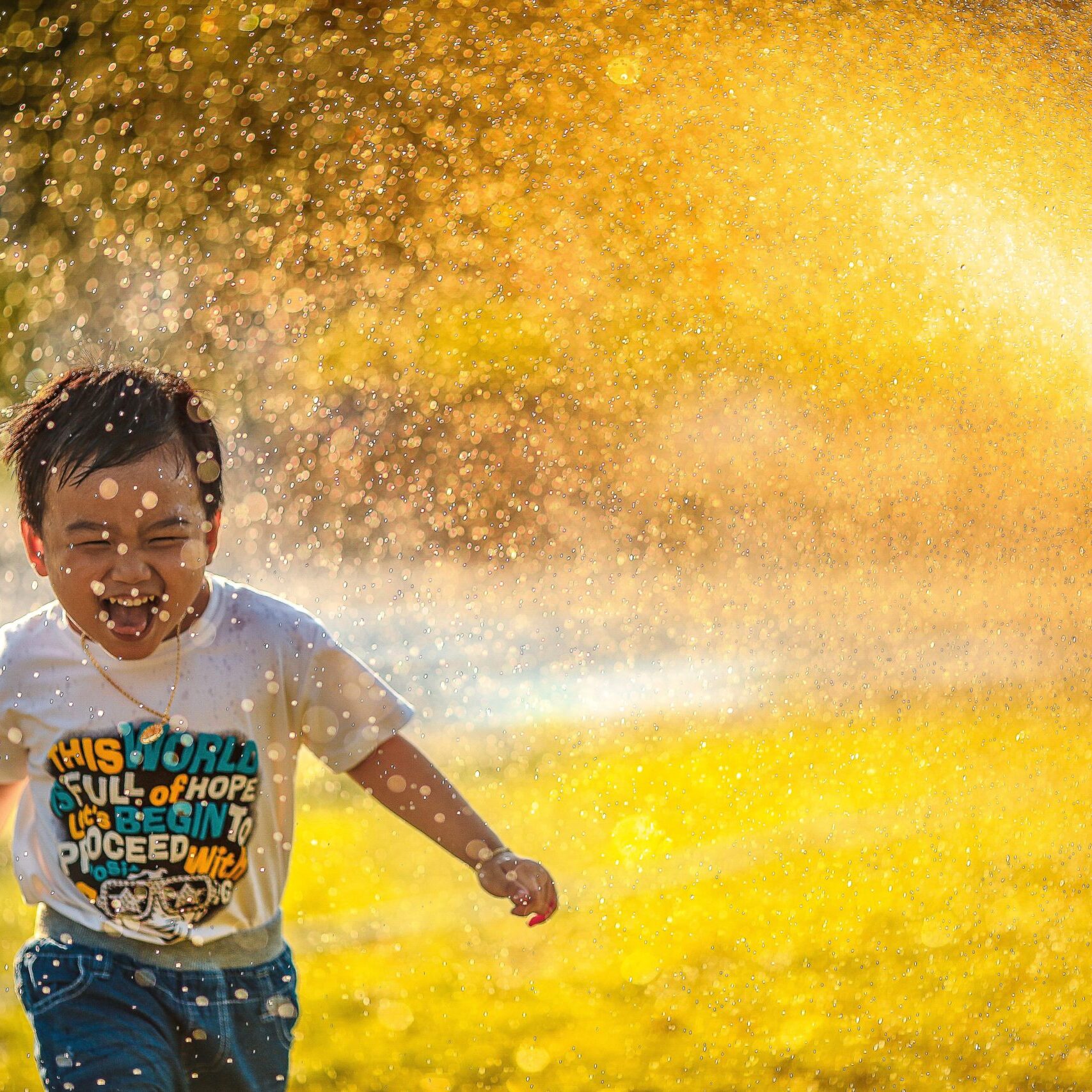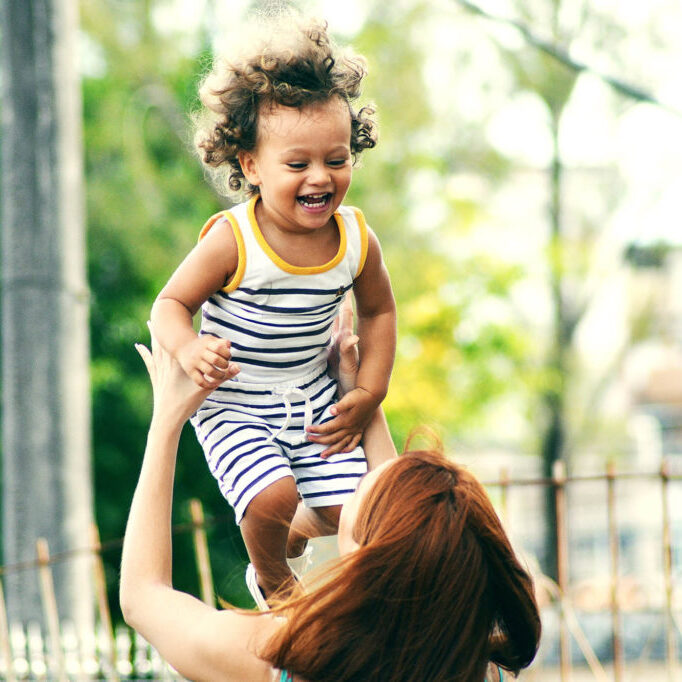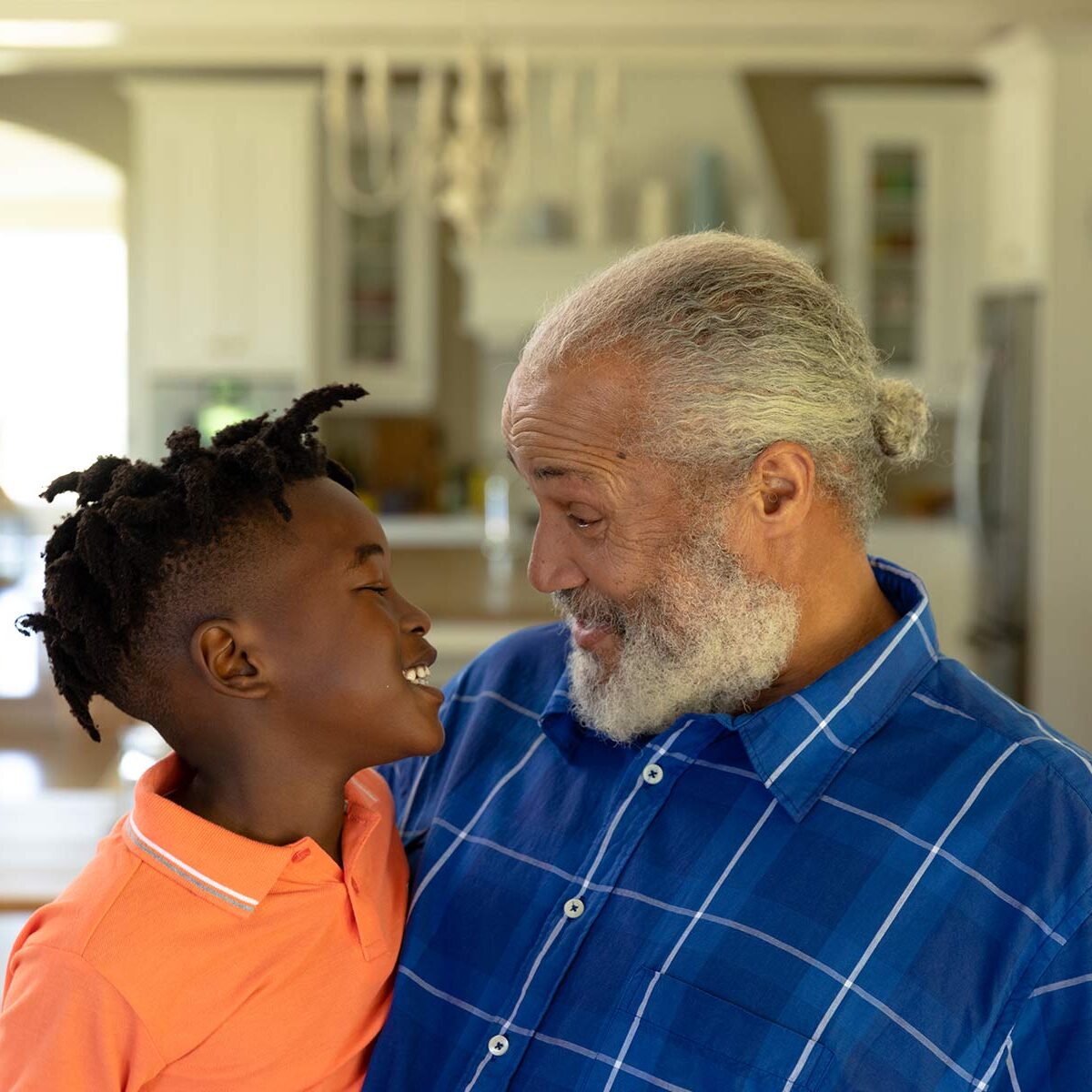
ABOUT THE AUTHOR
Ivy Welsh
OhioKAN Navigator, Catholic Social Services of the Miami Valley
Most recently, Ivy worked as an administrative assistant and birth parent support person at the Ohio private adoption agency, Adoption Link, Inc. Ivy’s experiences there sparked her interest in the field and led her to pursue a Master of Social Work with a focus on children, youth, and families. She is currently working toward her MSW through Case Western Reserve University’s online program. Ivy received her BA in Art History from West Virginia University. She is thrilled to serve region 6 as an OhioKAN Navigator at Catholic Social Services of the Miami Valley!
Reactive Attachment Disorder (RAD) is a condition that develops as a result of inconsistent care, abuse, and/or, neglect during infancy and early childhood. Children whose basic needs were not met during infancy are more likely to develop RAD. Such basic needs include consistent feedings, changings, or displays of affection from their caregiver.
RAD may be more likely to develop in adopted children and those in foster care due to the increased possibility of early childhood trauma. In addition to maltreatment, this population may be more susceptible to RAD due to having multiple caregivers/foster homes during their first few years of life.
According to the Cleveland Clinic, RAD typically develops around 9 months to 5 years old. Symptoms of RAD include:
- Distrust of others
- Difficulty accepting affection and discipline from caregivers.
- No remorse for actions, as well as a desire to control their environment and the people around them.
- Avoids eye contact
- Throwing tantrums at a rate not consistent with their age group
- Inappropriate affection toward strangers
- Trouble academically and socially in school
Children with RAD are able to develop secure, healthy attachments through individual and family therapy. Additionally, caregivers may attend parenting courses to help them better discipline and communicate with their child. Here are some RAD parenting tips for caregivers:
- Do not react to the disruptive behavior itself, instead, try to identify the underlying cause of the behavior.
- Remain positive and encouraging, especially when disciplining.
- Form and follow a routine which works to help establish trust and safety
- Practice self care, as well as utilize respite care resources
Here are some additional resources for caregivers:
- Daniel Hughes Attachment-Focused Parenting: Effective Strategies to Care for Children. W.W. Norton, 2009.
- Reactive Attachment Disorder; Cleveland Clinic - https://my.clevelandclinic.org/health/diseases/17904-reactive-attachment-disorder
- Attach – a coalition dedicated to promoting awareness of trauma and attachment disorders in children and teens attach.org
- Five Coping Strategies for Parents of Kids with RAD; Applied Behavior Analysis - https://www.appliedbehavioranalysisprograms.com/lists/five-coping-strategies-parents-kids-rad-reactive-attachment-disorder/


















